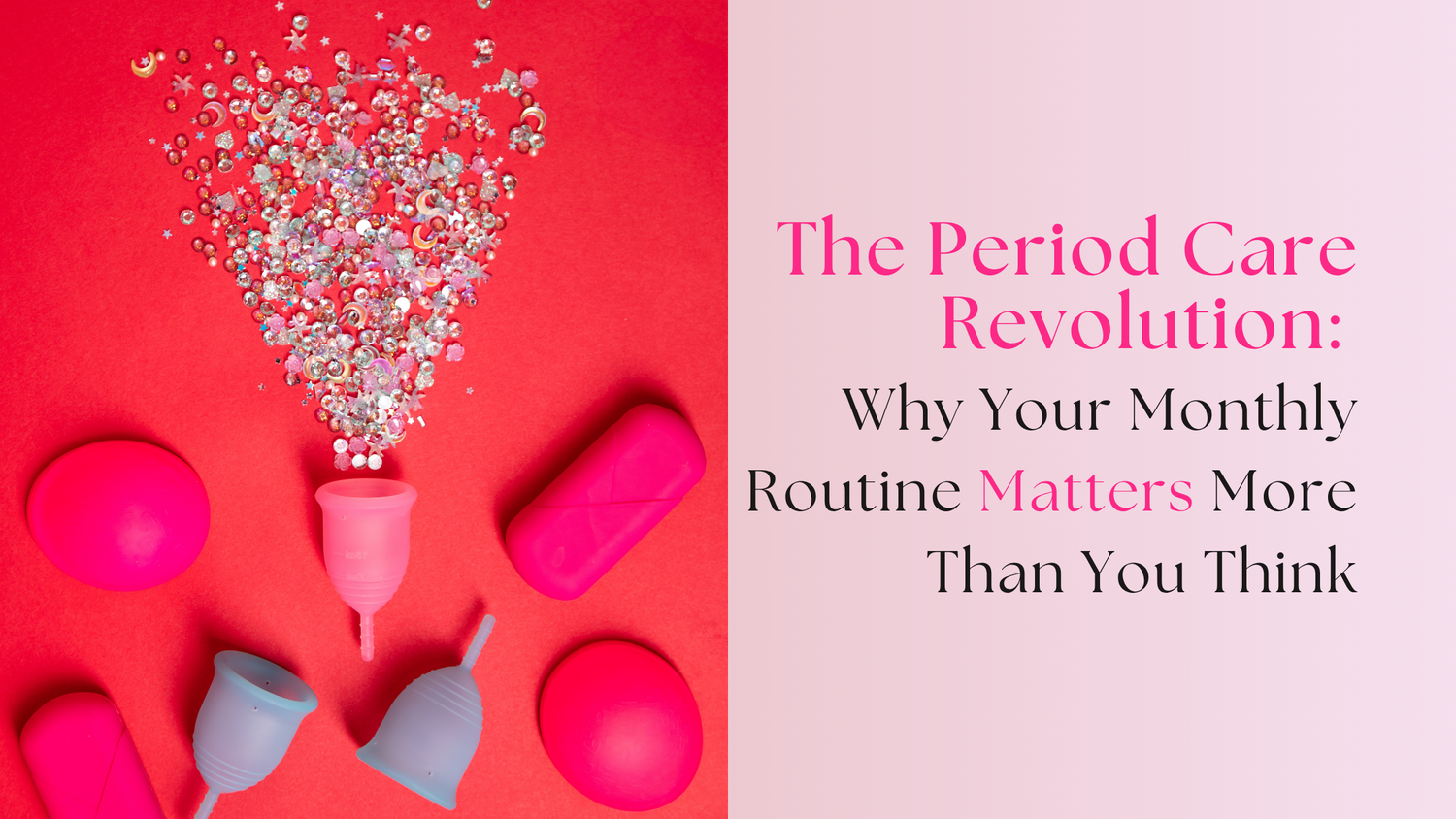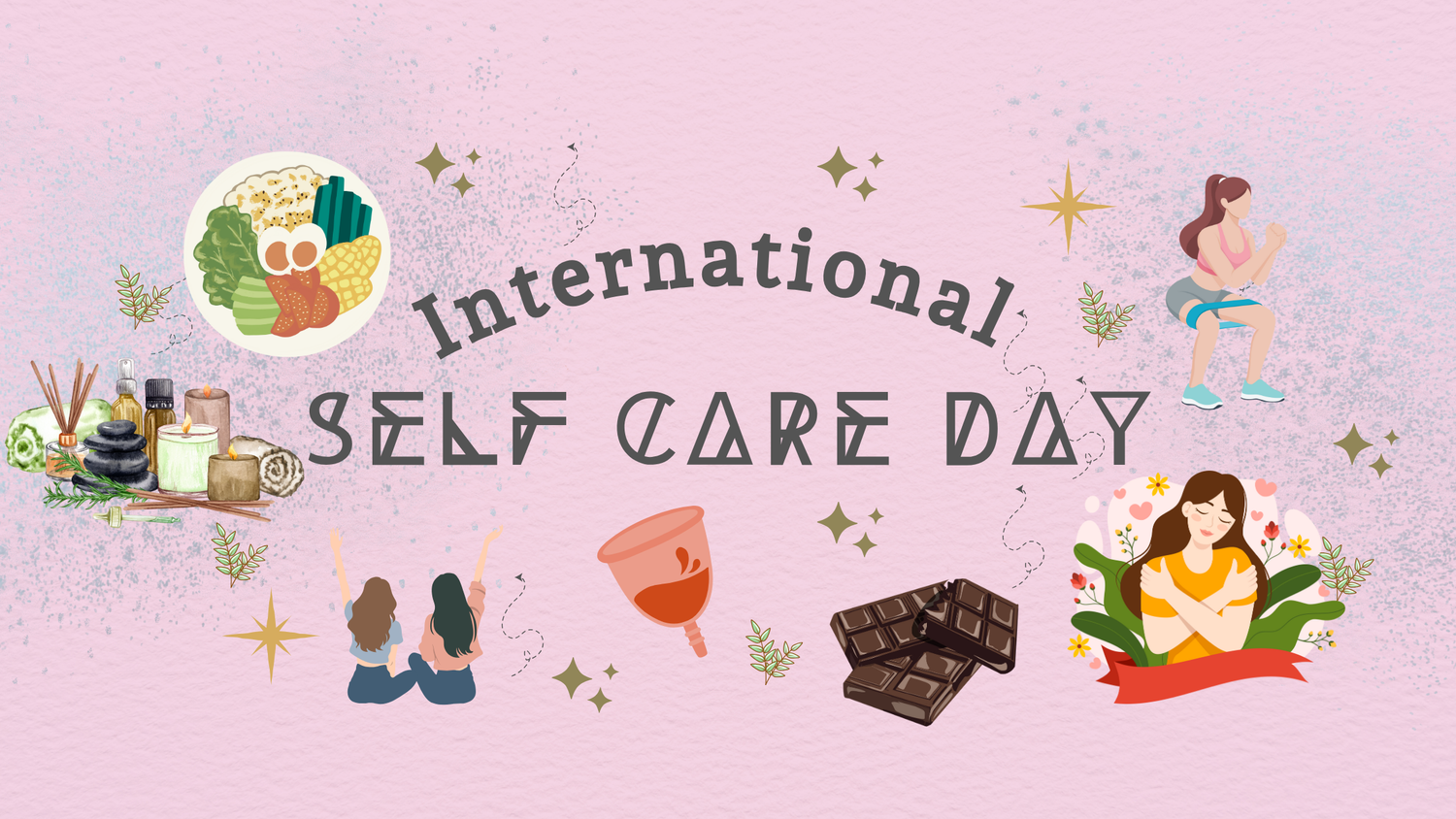The Vagina-Diet Connection
In the realm of women's health, we often focus on exercise routines, skincare regimens, and general nutrition. However, one aspect that deserves more attention is vaginal health. The foods we consume play a crucial role in maintaining a healthy, happy vagina. This blog post will explore the connection between diet and vaginal health, offering insights into foods that can promote vaginal well-being and those to avoid.
The Vaginal Microbiome: A Delicate Balance
Before diving into specific foods, it's essential to understand the concept of the vaginal microbiome. Like the gut, the vagina hosts a complex ecosystem of bacteria that helps maintain its health and pH balance. When this delicate balance is disrupted, it can lead to issues such as yeast infections, bacterial vaginosis, and general discomfort.
Foods to Embrace for Vaginal Health
1. Yogurt and Probiotics
Probiotics are beneficial bacteria that can help maintain a healthy vaginal microbiome. Yogurt, especially those containing live cultures, is an excellent source of probiotics. These friendly bacteria can help prevent yeast overgrowth and maintain a healthy pH level in the vagina.
2. Cranberries
Cranberries are well-known for their urinary tract health benefits, but they can also contribute to vaginal health. They contain compounds that may help prevent harmful bacteria from adhering to the vaginal walls, potentially reducing the risk of infections.
3. Salmon and Fatty Fish
Rich in omega-3 fatty acids, salmon and other fatty fish can help reduce inflammation throughout the body, including the vaginal area. These healthy fats also support overall reproductive health and may help regulate menstrual cycles.
4. Whole Grains
Whole grains are high in fiber, which is crucial for maintaining a healthy weight and promoting good circulation. Better circulation can lead to improved vaginal health and sexual function. Additionally, whole grains help stabilise blood sugar levels, which is important because high blood sugar can increase the risk of yeast infections.
5. Fresh Fruits and Vegetables
A diet rich in fruits and vegetables provides essential vitamins, minerals, and antioxidants that support overall health, including vaginal health. Fruits and vegetables high in vitamin C, such as citrus fruits, bell peppers, and leafy greens, can help boost the immune system and potentially reduce the risk of vaginal infections.
Foods to Limit or Avoid
1. Sugary Foods and Drinks
Excessive sugar consumption can disrupt the vaginal microbiome and potentially lead to yeast overgrowth. It's best to limit sugary foods and drinks, including sodas and high-sugar fruit juices.
2. Processed Foods
Highly processed foods often lack the nutrients necessary for maintaining overall health, including vaginal health. They may also contain additives that could potentially irritate the vaginal area.
3. Excessive Dairy
While some dairy products like yogurt can be beneficial, excessive consumption of dairy may lead to vaginal issues in some women. If you notice a correlation between dairy intake and vaginal discomfort, consider reducing your consumption.
4. Spicy Foods
For some women, spicy foods can cause irritation in the vaginal area. If you're prone to vaginal sensitivity, you might want to limit your intake of spicy foods.
Hydration: The Unsung Hero of Vaginal Health
While not a food, water deserves a special mention when discussing vaginal health. Staying well-hydrated is crucial for maintaining overall health and can contribute to vaginal health by promoting natural lubrication and helping to flush out toxins.
Beyond Diet: Other Factors Affecting Vaginal Health
While diet plays a significant role in maintaining vaginal health, it's important to remember that it's just one piece of the puzzle. Other factors that contribute to a healthy vagina include:
- Proper hygiene practices
- Wearing breathable, cotton underwear
- Avoiding douching or using harsh soaps in the vaginal area
- Practicing safe sex
- Regular exercise to promote good circulation
- Managing stress levels
Listen to Your Body
Every woman's body is unique, and what works for one may not work for another. It's essential to pay attention to how your body responds to different foods and adjust your diet accordingly. If you experience persistent vaginal issues, it's always best to consult with a healthcare professional.
Eating for Vaginal Wellness
Maintaining a healthy vagina is an important aspect of overall women's health. By incorporating vagina-friendly foods into your diet and being mindful of those that may cause issues, you can support your vaginal health from the inside out. Remember, a balanced diet rich in whole foods, along with proper hydration and overall healthy lifestyle choices, can go a long way in promoting a healthy, happy vagina.
While diet is a powerful tool for maintaining vaginal health, it's not a substitute for medical advice. Always consult with your healthcare provider if you have concerns about your vaginal health or experience persistent symptoms. By nourishing your body with the right foods and taking care of your overall health, you're taking an important step towards maintaining vaginal wellness and, by extension, your quality of life.





